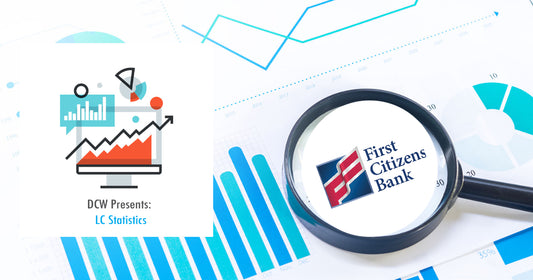Categories
- Anti Money Laundering
- authenticated
- automatic extension
- bill of lading
- compliance
- Counter Terrorist Financing
- extension
- financial crime
- Financial Guarantee
- Guarantee
- Independent Guarantee
- Iran
- ISP98
- LC
- LC Law
- LC Statistics
- Red Flags
- Sanctions
- Standby LC
- SWIFT
- Trade Based Financial Crime Compliance
- tranport documents
- UCP500
- UCP600
- wrongful dishonor
HSBC claims it is first in the race to blockchain enabled trade finance
May is proving to be a busy month for blockchain in trade finance. Last week, on 9 May 2018 the Singapore International Chamber of Commerce purportedly created the first blockchain enabled certificated of origin or (C/O). Just yesterday, in what some view as a major breakthrough for the industry, HSBC announced the first end-to-end trade finance transaction implemented exclusively through Blockchain.
The transaction was for a shipment of soybeans for agricultural giant Cargill between Argentina and Malaysia, with HSBC as the issuing bank and ING as the advising bank. Both banks used the R3 Corda system for the blockchain LC. According to Vivek Ramachandran, HSBC's global head of innovation and growth for commercial banking, the system is ready for repeated use: “the next stage is actually encouraging as many participants as possible to sign up to the utility.” Ramachandran goes on to state that “with blockchain, the need for paper reconciliation is removed because all parties are linked on the platform and updates are instantaneous.”
The future of blockchain in trade
While technological developments meant to disrupt or enhance traditional commercial trade have come and gone (think BPO), there is no denying the overarching trend toward digitalisation in trade finance. Developed somewhat quietly over the past decade, blockchain has exploded into the public consciousness over the past few years - in large part due to the furor surrounding bitcoin. With its volatile surges and plummets, bitcoin has remained in the public eye. The underlying technology known as blockchain has lately been targeted by forward thinking banks as a way to reduce costs, instances of fraud, and amount of time incurred in trade finance transactions.
With these recent developments, in addition to other trade digitalisation news (eURC and eURR, FinTech writ large), IIBLP has made it a priority to unpack these issues at the Annual Survey of Letter of Credit Law & Practice in regions around the globe. Upcoming events are taking place in July 2018 in Hong Kong and Singapore.






